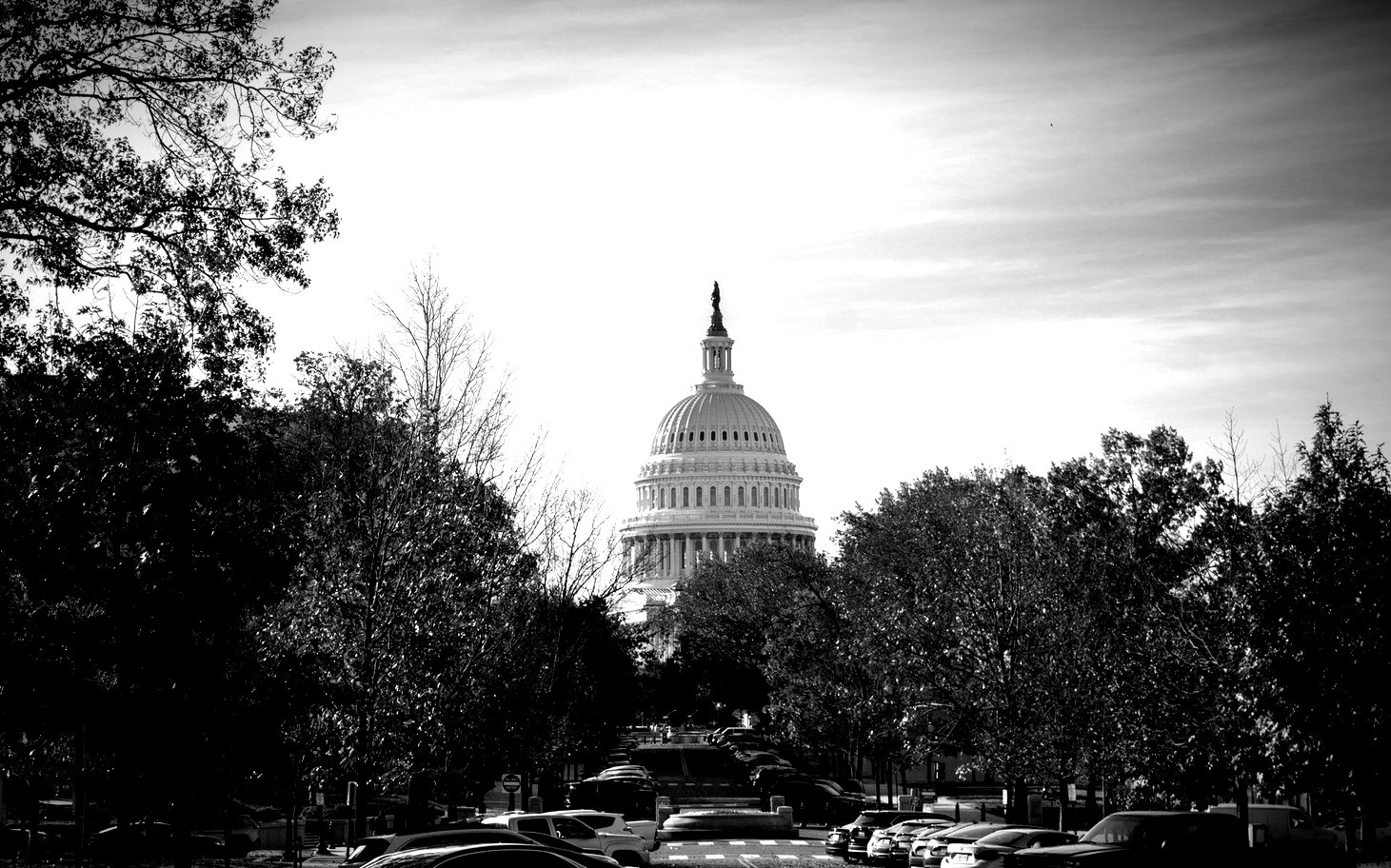
Washington, DC ― A letter to members of Congress signed by the American Friends Service Committee and 37 other organizations voiced strong support for new legislation introduced by Representative Ilhan Omar (D-MN) that would ensure Congressional control and oversight over the use of sanctions by the executive branch. The bill, one of several foreign policy initiatives that Rep. Omar introduced today, also mandates independent assessments on the impact of U.S. sanctions and requires reporting on whether they comply with U.S. treaty obligations.
“If passed by Congress, this groundbreaking legislation could save many human lives and serve as a real check on the U.S. president’s power to use sanctions,” said Daniel Jasper, Public Education and Advocacy Coordinator for the American Friends Service Committee in Asia.
The bill includes amendments to the National Emergencies Act (NEA) and to the International Emergency Economic Powers Act (IEEPA), as well as additional reporting provisions. The bill's main objective is to impose congressional control over the U.S. president’s sanctions powers under the IEEPA and NEA. A foreign government would have to represent an “unusual and extraordinary threat” to the U.S. “national security, foreign policy, or economy” in order for the executive branch to enact coercive economic measures such as sanctions.
U.S. presidents have liberally declared such emergencies in order to justify unilateral economic pressure against governments that they oppose. Since taking office in 2017, President Trump has invoked emergency powers to impose economic sanctions against Iran, Venezuela and North Korea.
“Sanctions can have devastating effects on human populations, hurting peoples’ livelihoods and health, and even causing premature death,” Alex Main of the Center for Economic and Policy Research said. “Yet the U.S. president can use this destructive economic weapon without explicit Congressional approval.”
According to the letter, “a growing body of research, including testimonies from humanitarian, human rights and peacebuilding organizations, has demonstrated the harmful consequences of sanctions on civilian populations in targeted countries.”
Over a dozen civil society organizations are supporting the legislation, including the American Friends Service Committee, Win Without War, Just Foreign Policy, Center for Economic and Policy Research, MADRE, National Iranian American Council Action, Mennonite Central Committee U.S. Washington Office, Peace Action, Friends Committee on National Legislation, CODEPINK, Women Cross DMZ, and the Center for International Policy.
Under the bill, emergency powers under the NEA would be automatically terminated within 60 days, unless approved by Congress via a joint resolution. Emergency powers would have to be renewed by Congress every six months, and the president would not be able to declare a new national emergency based on “substantially similar facts” for one year after termination of emergency powers.
The bill would allow sanctioned countries to continue receiving U.S. exports of material for the maintenance of civilian healthcare facilities, water infrastructure, civilian energy infrastructure and educational facilities.
The bill would also require the president to report to Congress the goals and outcomes the president hopes to achieve with sanctions; other tools the executive considered to address the “emergency,” and the reason sanctions were chosen instead; a list of other countries imposing sanctions in accordance with those imposed by the president ― or, if the sanctions are unilateral, an explanation for why no other country is imposing these sanctions; the strategy to provide compliance guidance to private sector; and what criteria, if any, a sanctioned person must meet before any sanctions imposed against him or her may be lifted.
Rep. Omar’s legislation would require Government Accountability Office reporting on the economic and humanitarian impact on targeted country populations. It would also require State and Treasury departments to report whether “national emergency” actions comply with U.S. international treaties, and require the president to report how actions under the IEEPA advance stated goals and objectives communicated to Congress.
The bill is part of a legislative package that Rep. Omar introduced today aimed at reforming U.S. foreign policy. Other bills call on the U.S. to toughen restrictions on military and security support and arms sales to known human rights abusers, ratify the UN Convention on the Rights of the Child, establish a Global Peacebuilding Fund, and call on the U.S. to support a binding Global Migration Agreement.
###
The American Friends Service Committee is a Quaker organization that includes people of various faiths who are committed to social justice, peace and humanitarian service. Its work is based on the belief in the worth of every person and faith in the power of love to overcome violence and injustice.